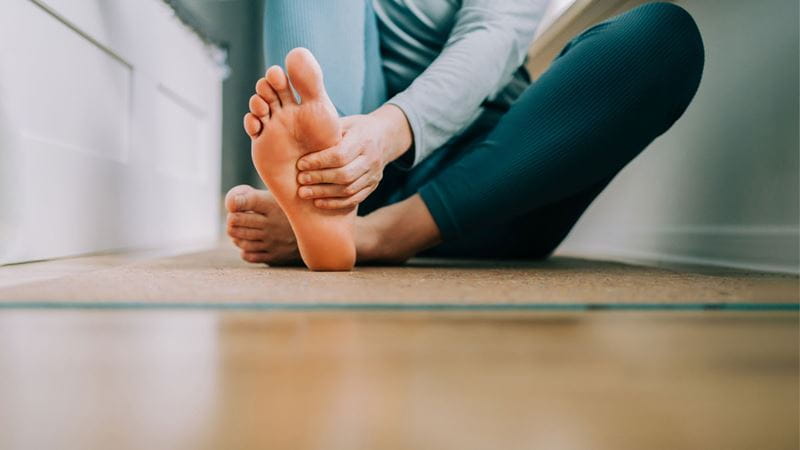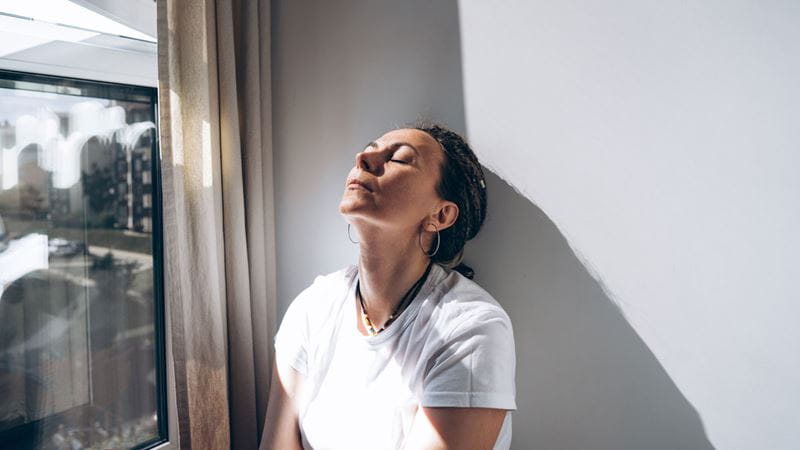
HBF Blog
From real member stories to trusted investigations into different cover options, we’ve carefully curated these articles to help you get the best cover for your health and the things that matter to you.

Meet your health savvy self
We’re setting you up with the research, resources, and really important questions you need to navigate your health journey with confidence.

We’re about to put the spice in your step this festive season with this Christmas Quookie recipe.
16 December 2025

Silly season is just a sleighride away, and while the increase in socialising might be fun for some.
2 December 2025

A guide for Gen Y to lessen the mental load of adulting.
26 November 2025

Whether you’re pounding the pavement, chasing after kids, or just trying to get through a workday, foot pain can stop you in your tracks.
16 November 2025

From desk jobs and long commutes, to stress and poor sleep, neck and shoulder pain is something many of us know all too well.
16 November 2025

Stress isn’t just “in your head.” It’s a whole-body experience, with real physical effects.
16 November 2025

Whether it’s a dull ache behind your eyes or a throbbing pain that ruins your day.
10 November 2025

If you’ve ever woken up with a sore jaw, a headache, or noticed yourself clenching during the day.
10 November 2025

What’s the best health cover for you and your family?
5 November 2025

Your mental health is an important part of your overall wellbeing. Here’s how a psychologist can help support you – and a few things you can expect.
5 October 2025

Is there a safe way to scroll and how do you go about avoiding doomscrolling with the way the world is?
1 October 2025

A mental health treatment plan is the first step toward getting the best support for your mental health.
30 September 2025

Preparing for an ACL reconstruction? Learn more about what surgery involves.
17 September 2025

While your baby is now the centre of your universe, this blog is your gentle reminder that you matter too.
4 September 2025

Endometriosis can cause severe pain & impact daily life. Learn how to get diagnosed & how diet may help manage symptoms.
2 September 2025